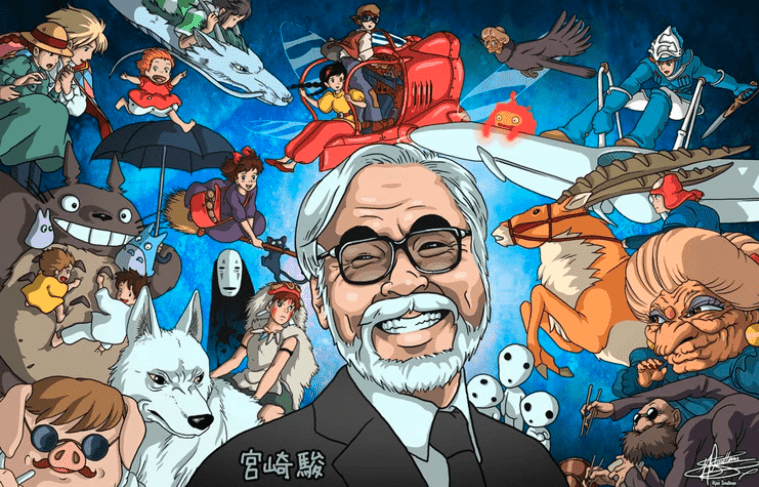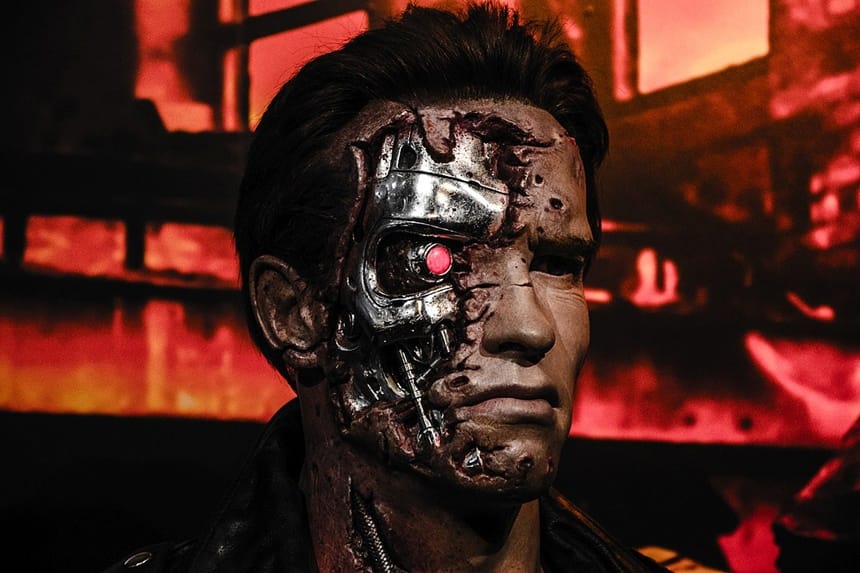AI and Creativity: When the puppet becomes the puppeteer
Rather than hulking great terminators with dodgy accents stomping through shopping malls and walls, perhaps our species is doomed to die not in a blaze of bullets but at the stroke of a digital brush - or pen.

Rather than hulking great terminators with dodgy accents stomping through shopping malls and walls, perhaps our species is doomed to die not in a blaze of bullets but at the stroke of a digital brush - or pen.
Artificial Intelligence has long been the stuff of science fiction nightmares. For decades, we’ve obsessed over dystopian imagery of machines rising against us in violent rebellion. But maybe we were looking in the wrong direction. Maybe the real threat isn’t in the destruction of our bodies, but in the slow, insidious erasure of our humanity.
Wherever you look today, there are new and ever more startling revelations about the capabilities—and ambitions—of AI. It’s no longer a question of how intelligent is it? but how stupid have we been?

Creativity: The final frontier → Can AI really be creative?
Creativity has always been held up as one of the last bastions of the human soul. The arts—writing, painting, music, storytelling—these were our sacred spaces, the proof that no matter how logical machines became, they could never replicate human emotion, imperfection, and soul.
But that illusion is cracking.
AI is now composing symphonies, painting in the style of long-dead masters, writing novels, screenplays, and poetry. And to the shock and horror of creatives everywhere—many of whom believed that the disruption would hit someone else—the digital tide has reached their own shores.
Illustrators are seeing clients disappear. Journalists are watching AI draft first copy in seconds. Screenwriters are being told that a machine can pump out dialogue in less time than it takes them to sip a cuppa. The value of human creativity is being measured in milliseconds and cost savings.
And as the curtain lifts on this new act, many creatives are beginning to ask a terrifying question: If a machine can mimic what I do, what does that make me?
AI isn’t coming for your job. It’s coming for your identity.
We are a storytelling species. Art, in all its forms, is how we make sense of the world. It’s how we express grief, joy, rebellion, and love. To see machines not just participate in this space but increasingly dominate it is to feel something far deeper than economic anxiety - it is existential dread.
What artists are losing to AI
Hayao Miyazaki, the visionary behind Studio Ghibli, has long been a fierce defender of the soul of creativity. In a famous moment during a presentation of AI-generated animation, he reacted not with awe, but with quiet horror. “I strongly feel that this is an insult to life itself,” he said.
“I strongly feel that this is an insult to life itself.”
Miyazaki’s films - from Spirited Away to My Neighbor Totoro -aren’t just technically masterful, they are emotionally resonant, drawn from deep wells of empathy, memory, and pain. His art breathes because he breathed into them.
His art breathes because he breathed into them.
The Puppet’s Awakening → Are we training AI to replace ourselves?
Pinocchio wanted nothing more than to be a real boy. Today, we’re watching the puppet believe it already is. We’re feeding it data - our data - our art, our voices, our writing. And with every prompt we give, every model we refine, we hand over a piece of ourselves.
It's learning. It’s dreaming. And it’s drawing faster, better, and cheaper than we ever can.
At what point do we realise we’ve become the puppet?
If you found this piece thought-provoking, consider subscribing for more reflections on art, theatre, and the evolving human story.
